St. Mark's Clock Tower (Torre dell'Orologio)
Go inside to really appreciate this 500-year-old technological masterpiece.
Commissioned by Doge Agostino Barbarigo in 1493, the glorious Torre dell’Orologio, also known as St. Mark’s Clock Tower, or “the Moor’s Clocktower,” facing into Piazza San Marco, is a marvel of 15th-century engineering.
It was designed by Maurizio Codussi and built beginning in 1496. The clock displays the time, the phase of the moon, and the dominant sign of the Zodiac. Venetian legend holds that when the clock was revealed on February 1, 1499, it was so beautiful that the doge had the clockmaker blinded so that he could not create another to rival it.
In reality, the two master mechanics of the clock were made its caretakers, beginning the tradition that the clock’s keepers live in the tower with their families.
The clock tower is topped by two bronze figures who strike the bell hourly. Although they were originally designated as giants, their dark patina lent them the nickname “Moors.” A relief of the winged lion of St. Mark, patron saint and symbol of Venice, stands on an open book below the Moors. A statue of the Virgin Mary stands one level down, above the massive clock face. The clock was intentionally designed to sit high enough in the square to be protected from Venice’s waters and to be visible from the canal.
On Ascension Week and Epiphany, carved figures of the four Magi join the Moors hourly, emerging from the clock face and bowing to the Virgin Mary above them. An angel raises a trumpet in recognition of them, and the Magi bow in return.
Inside the tower, the clock mechanism shares space with living quarters. Guided tours climb the 19th-century spiral staircases inside the tower all the way up to the rooftop Moors.
The clock and the tower buildings have been modified and restored many times over the years, including the addition of one of the world’s first digital displays in 1858. Two internal huge drums spin to display the hours and minutes in Roman and Arabic numerals on either side of the Madonna.
Most recently, the clock emerged from scaffolding from the thorough overhauling of 1998-2006 in honor of the clock’s 500th anniversary. The bell that rings today is still the original cast at at the Arsenal in 1497.




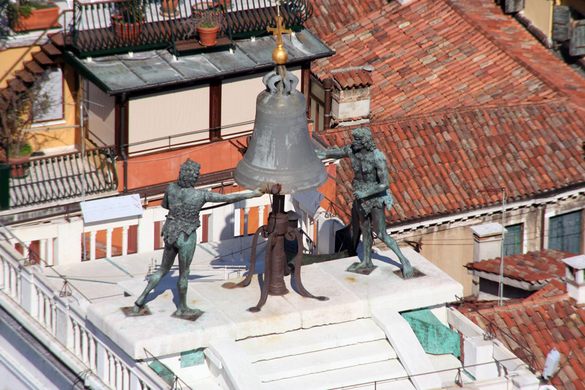
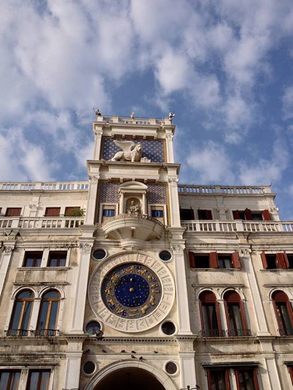

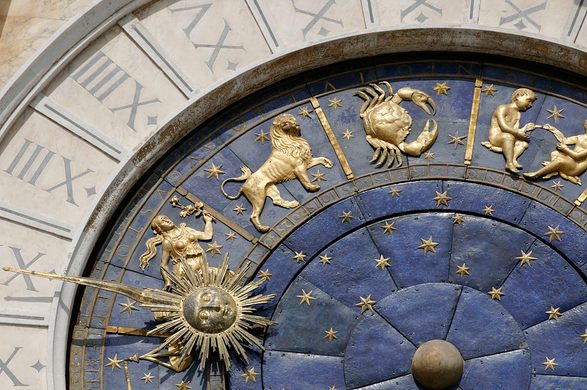
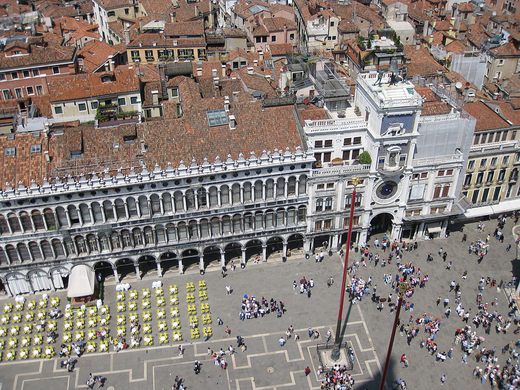
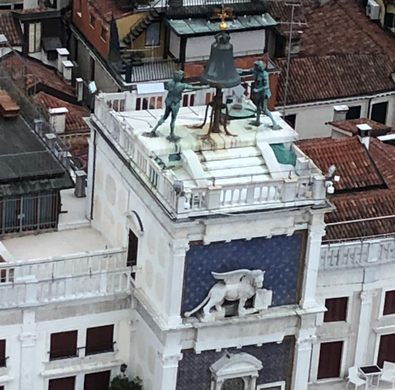
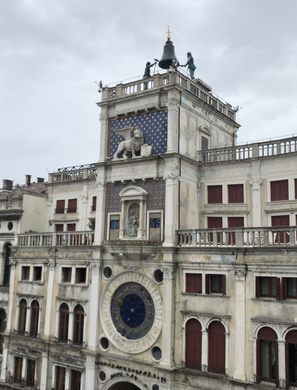
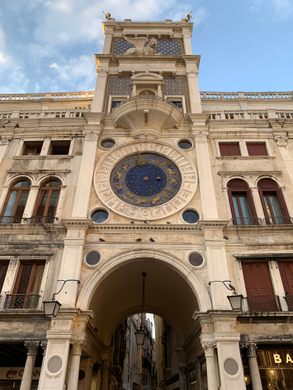

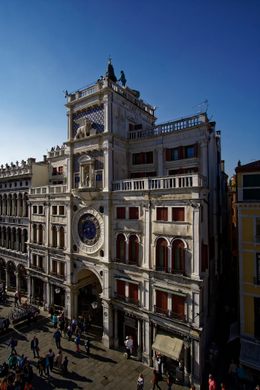

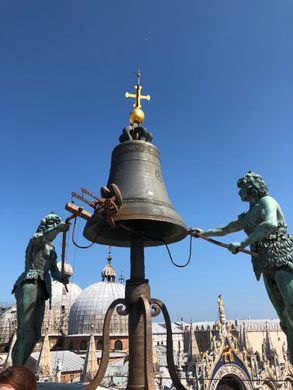
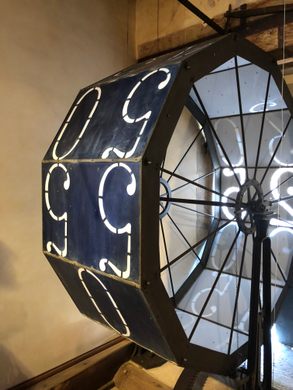
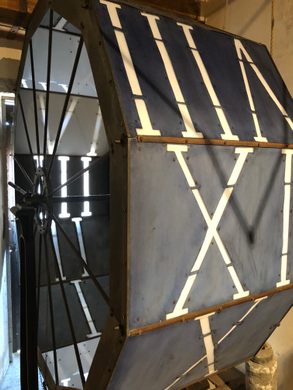



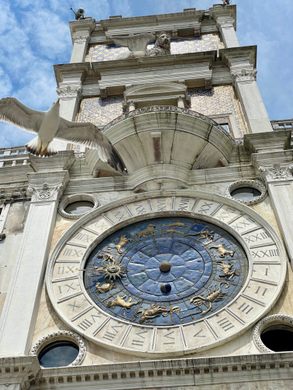
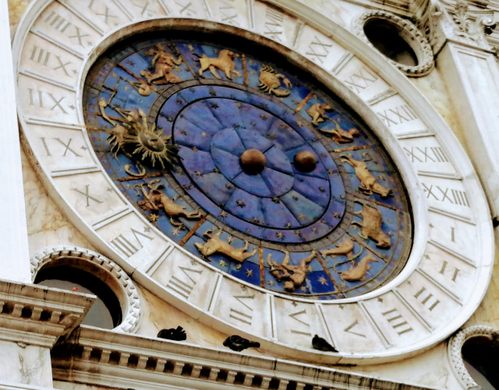




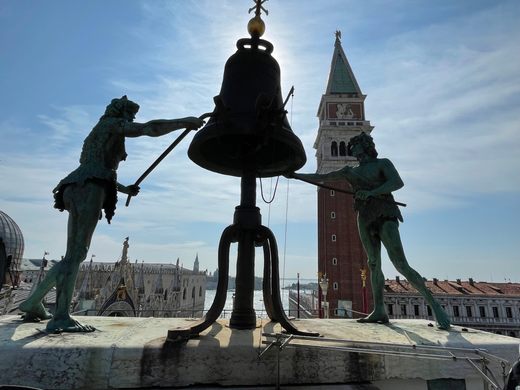























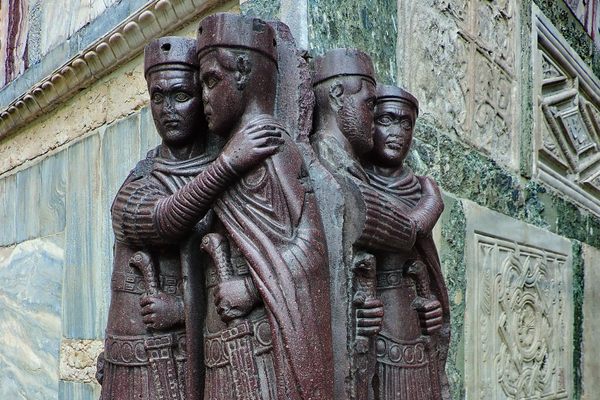

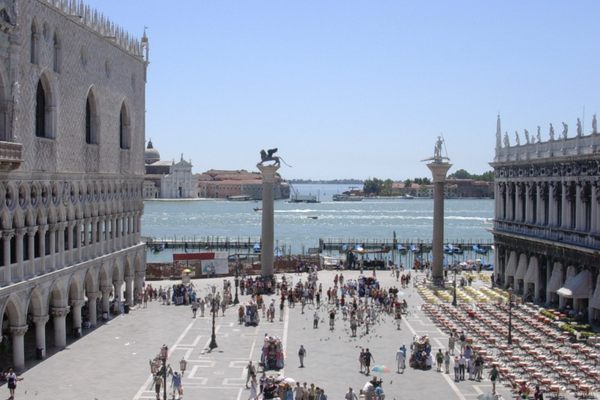
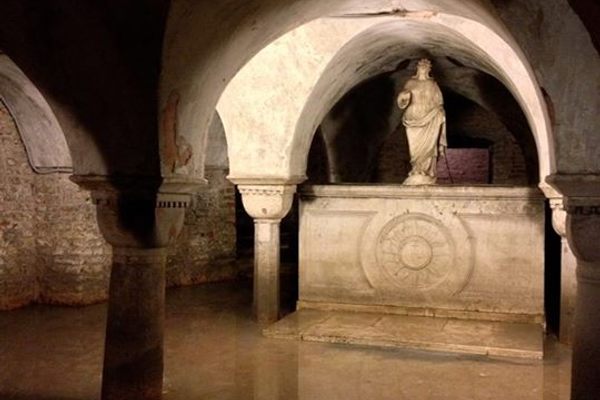
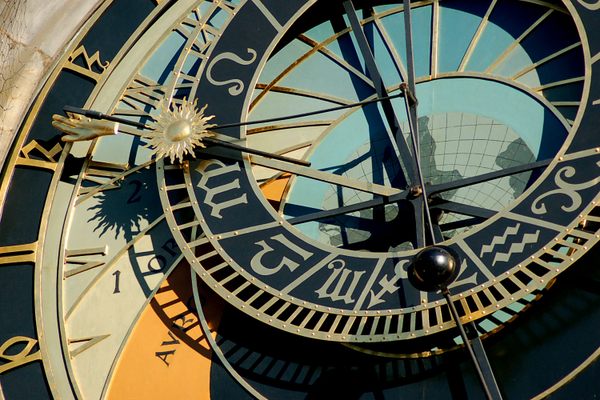


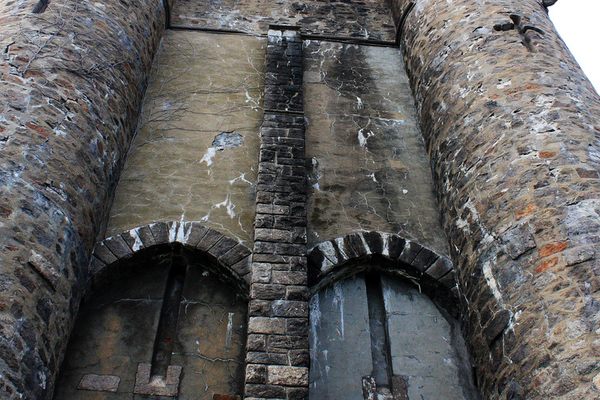
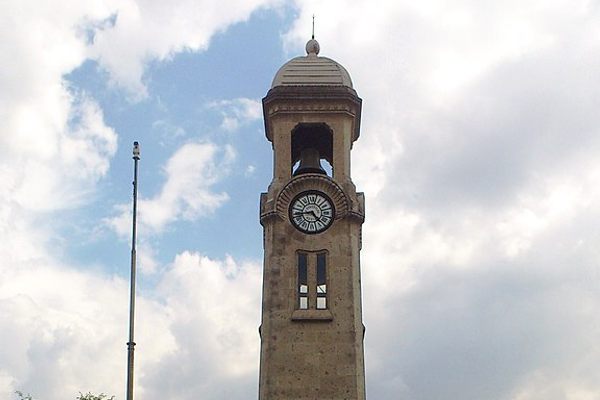

Follow us on Twitter to get the latest on the world's hidden wonders.
Like us on Facebook to get the latest on the world's hidden wonders.
Follow us on Twitter Like us on Facebook